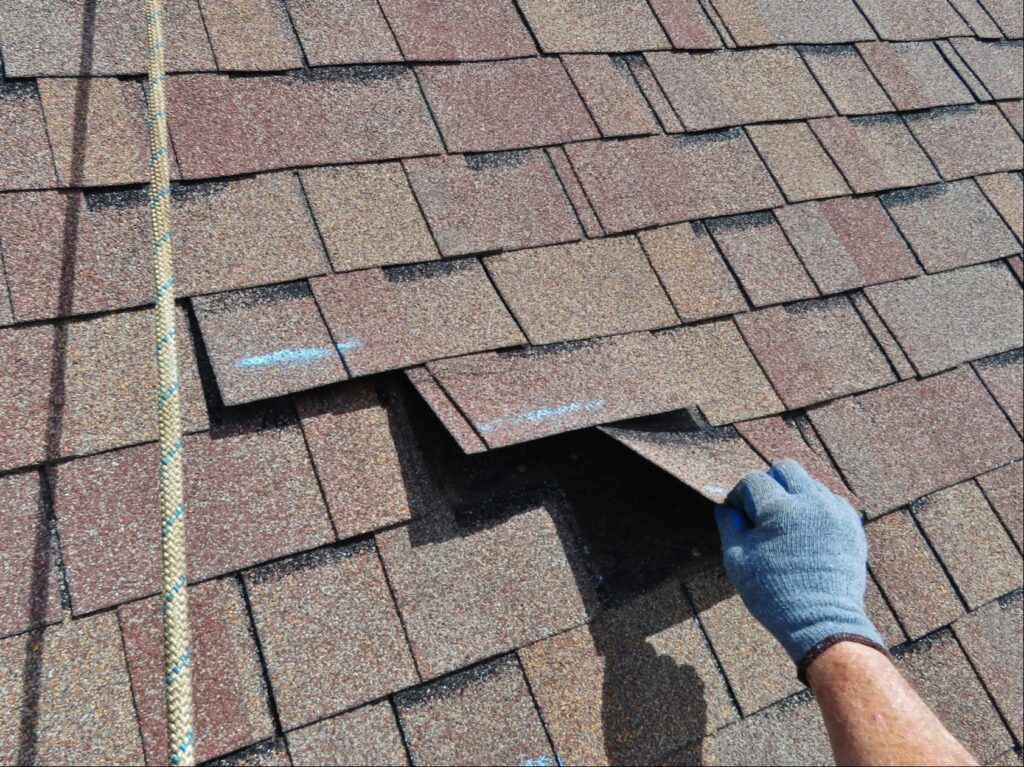One of the most common concerns homeowners face when dealing with roof damage is whether their insurance will cover the cost of a roof replacement. The process can seem confusing, especially when trying to determine what is covered and what isn’t. In this blog, we’ll break down the basics of roof replacement coverage and what you need to know to navigate the process successfully.
1. What Types of Roof Damage Are Covered by Insurance?
Insurance policies typically cover roof damage caused by sudden, accidental events such as:
- Storm Damage: High winds, hail, or flying debris can cause significant damage.
- Fire: Roofs damaged by fire are almost always covered under homeowners’ insurance.
- Fallen Trees or Branches: If a tree falls on your roof, causing structural damage, your insurance will likely cover it.
However, not all causes of damage are covered. For example:
- Wear and Tear: If your roof is simply old and deteriorating due to age, most policies won’t cover the cost of replacing it.
- Neglect: Damage resulting from a lack of maintenance is not covered by insurance.
2. When Does Roof Replacement Get Covered?
Insurance may cover roof replacement if the damage is so severe that repairs won’t be enough to restore the roof’s integrity. But this typically depends on:
- The Age of Your Roof: Many insurance policies have depreciation clauses for older roofs. If your roof is more than 10 or 15 years old, the insurance company might only cover part of the replacement costs based on the roof’s depreciated value.
- The Type of Damage: Insurance will usually cover replacement for roofs severely damaged by events like hurricanes, tornadoes, or other natural disasters.
3. How to File an Insurance Claim for Roof Replacement
To increase the chances of getting your roof replacement covered by insurance, follow these steps:
- Document the Damage: Take detailed photos and videos of the damage.
- Call a Professional Roofer: Contact a licensed roofer for an inspection. They can provide an assessment and a written report, which will be useful for your claim.
- File the Claim Promptly: Notify your insurance company as soon as possible. Delaying your claim could result in denial.
- Provide All Necessary Information: Include the roofer’s inspection report, photos, and any estimates you’ve received.
4. What Happens If Your Claim Is Denied?
It’s possible for an insurance company to deny your claim if they determine the damage was caused by negligence or if they believe the roof was already in poor condition. If your claim is denied, you have options:
- Request a Re-Evaluation: You can ask your insurance company for a second opinion.
- Hire a Public Adjuster: A public adjuster works on your behalf to negotiate with the insurance company.
- Work with a Reputable Roofer: Roofing companies often have experience dealing with insurance claims and can assist in appealing a denial.
Conclusion
Navigating the insurance process for roof replacement can be complex, but understanding what’s covered and how to file a claim can help ensure a smooth experience. At Legion Roofing and Construction, we work closely with homeowners in Jacksonville to help them handle insurance claims and ensure they get the coverage they deserve. Contact us today for a FREE inspection and let our experts guide you through the roof replacement process.

